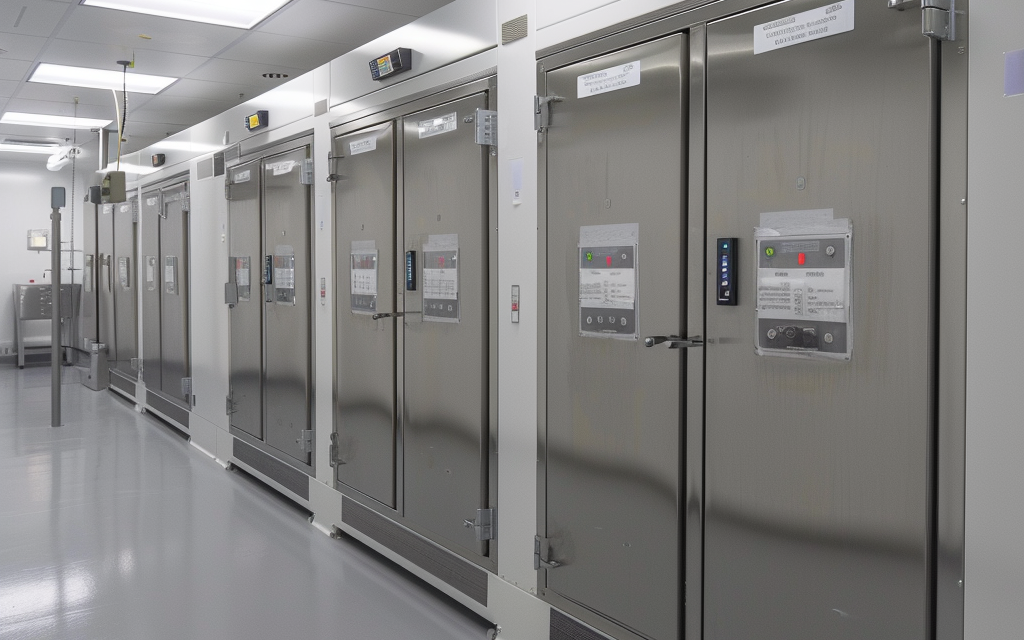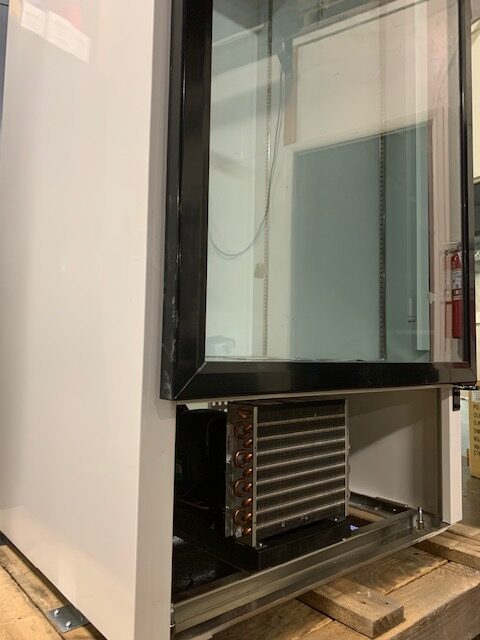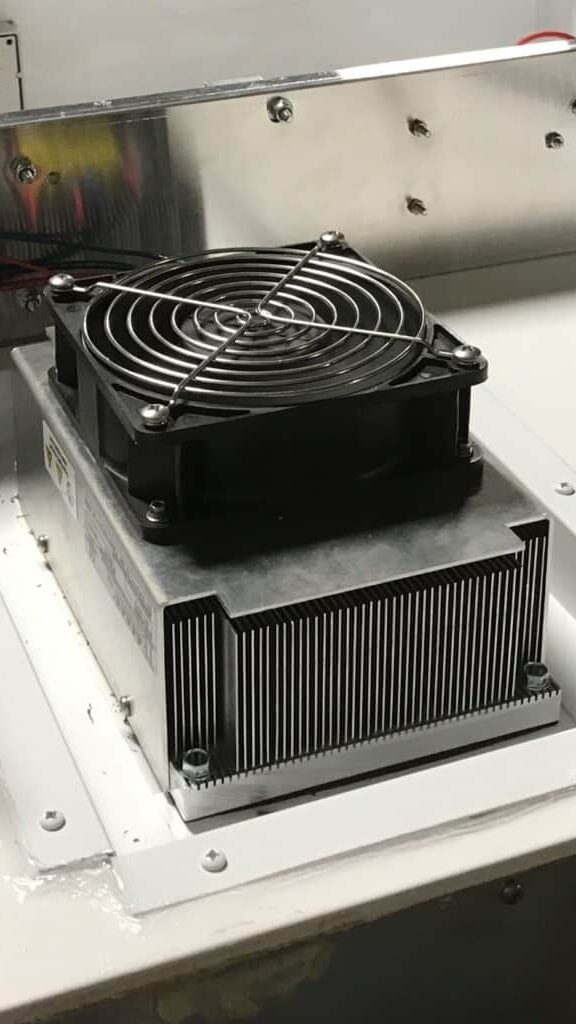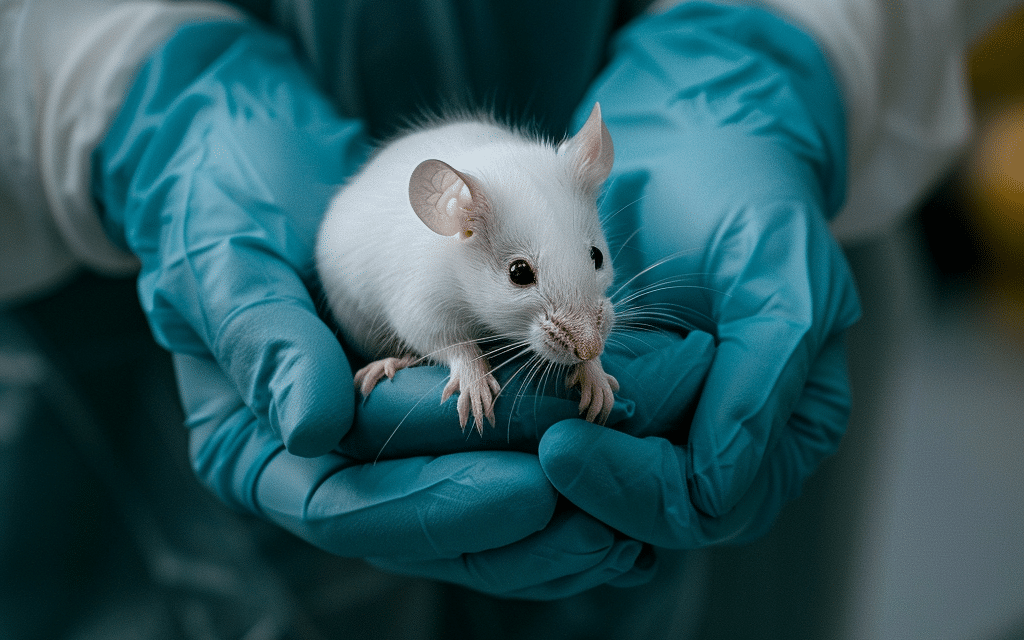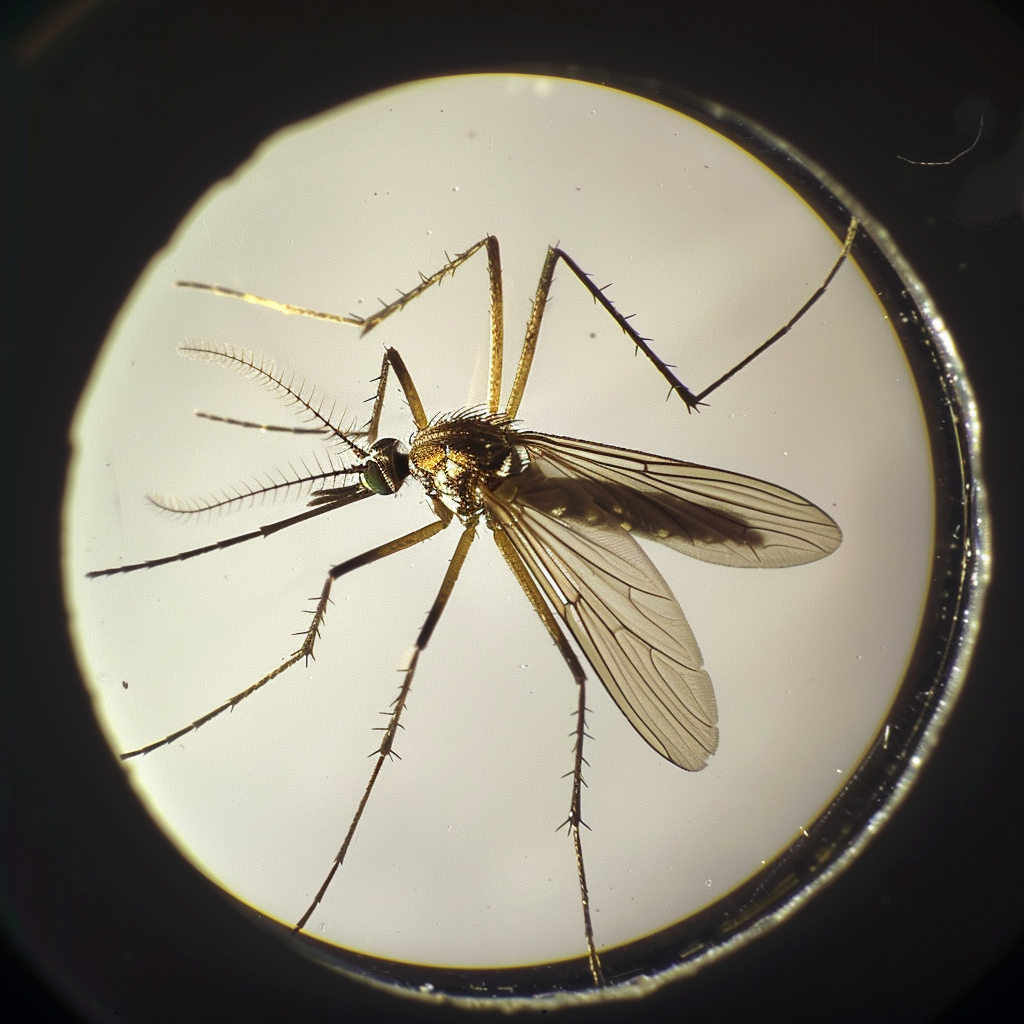
Malaria. Yellow fever. Zika. Dengue. West Nile virus. These are a some of the illnesses that millions of people contract each year throughout the world thanks to mosquitoes. The World Health Organization estimates that these illnesses cause more than 700,000 fatalities yearly. In an effort to reduce this enormous cost on public health, researchers are looking for more effective strategies to control mosquito populations and prevent the transmission of disease. As we’ve previously discussed in our blog regarding gene drives and genetic sterility, scientists have recently found a novel way that could be used to manage mosquito populations.
Scientists at the University of Arizona found earlier this year that certain developmental characteristics of mosquito eggs are regulated by a protein known as Eggshell Organizing Factor 1 (EOF1). When the scientists turned off this gene, almost all of the mosquitos’ eggs had shells that were lighter and more permeable than normal. During maturation, these weaker eggs frequently collapsed, and hardly any mosquito embryos lacking the EOF1 gene developed into larvae.
The finding that EOF1 is exclusively produced by Aedes, Anopheles, and Culex mosquitos is among the study’s most encouraging features. These animals are major spreaders of Zika, dengue, malaria, and West Nile virus. Through genetic engineering, it may be possible to manage dangerous mosquito populations without causing harm to other innocuous species by targeting and disabling the EOF1 protein.
Before this method becomes an effective way to manage mosquitoes in the wild, there are still a few significant obstacles to be addressed. Because the scientists’ method included injecting the subject mosquito directly, it is not appropriate for use in populations of mosquitoes that are widely dispersed. The fact that a chemical that can inhibit EOF1 doesn’t exist, or hasn’t been discovered yet, is one of the reasons direct injection was required. Nonetheless, any treatment option is worth researching considering the severity of the suffering brought on by diseases spread by mosquitoes.
Powers Scientific has been contributing to the advancement of insect research like this for more than 30 years. Their Drosophila and Small Insect Chambers are ideal for studies on vector biology, genetics, insecticide susceptibility, vector-parasite interactions, and other topics related to mosquito rearing. With a configurable temperature range of 15–60°C, our chambers are adaptable to a wide range of uses. The thermoelectric (Peltier) coolers that regulate the Level 3 chambers are outfitted with ultrasonic humidity generators that may produce relative humidity levels as high as 80%. For total control over the illumination in the chamber, the Level 2 and 3 models additionally come with programmable (and optionally dimmable) digital clock-controlled LED lighting.
For more information, see our Powers Scientific product page, visit our Contact Us page, or call us at (416) 736-6166

